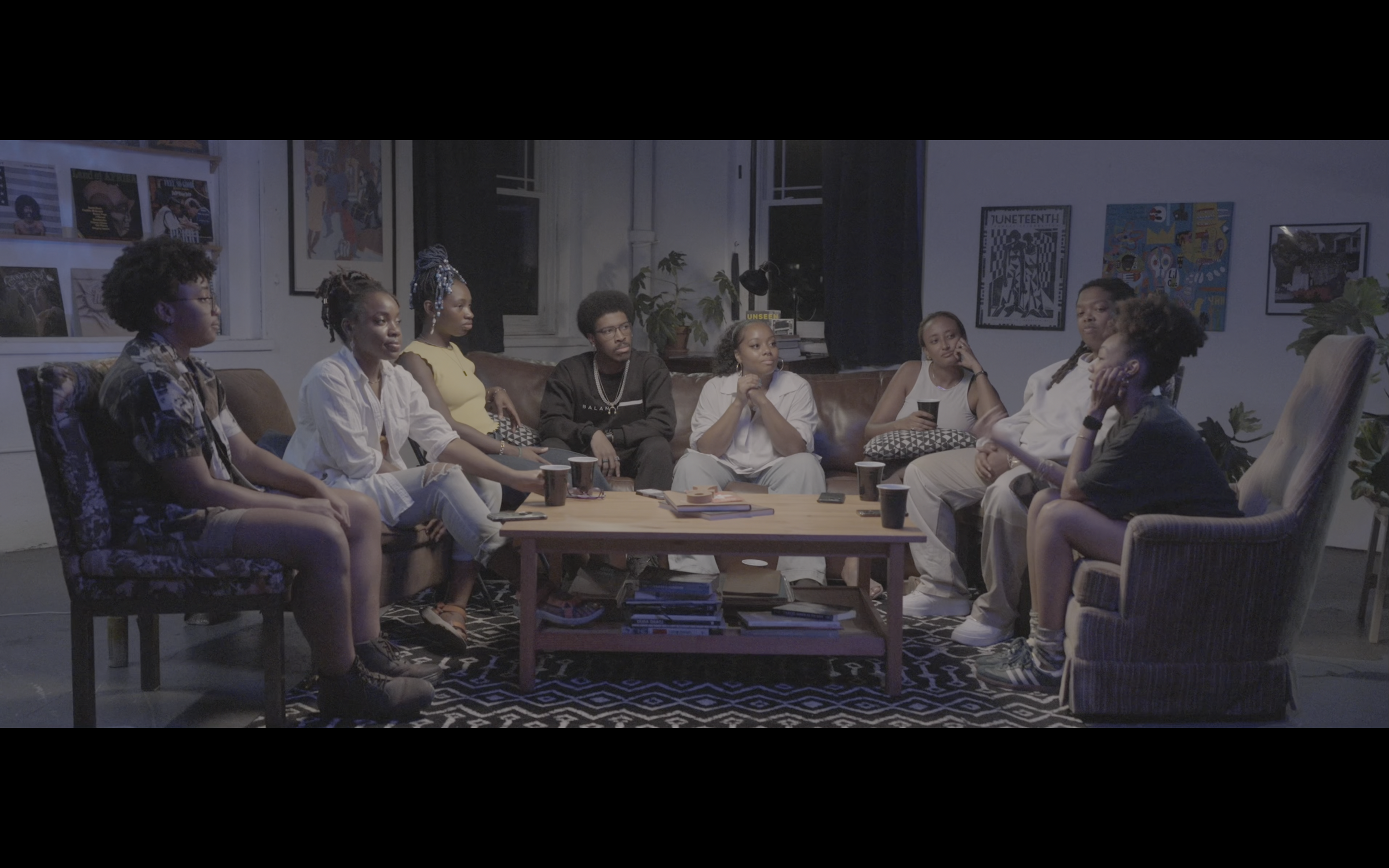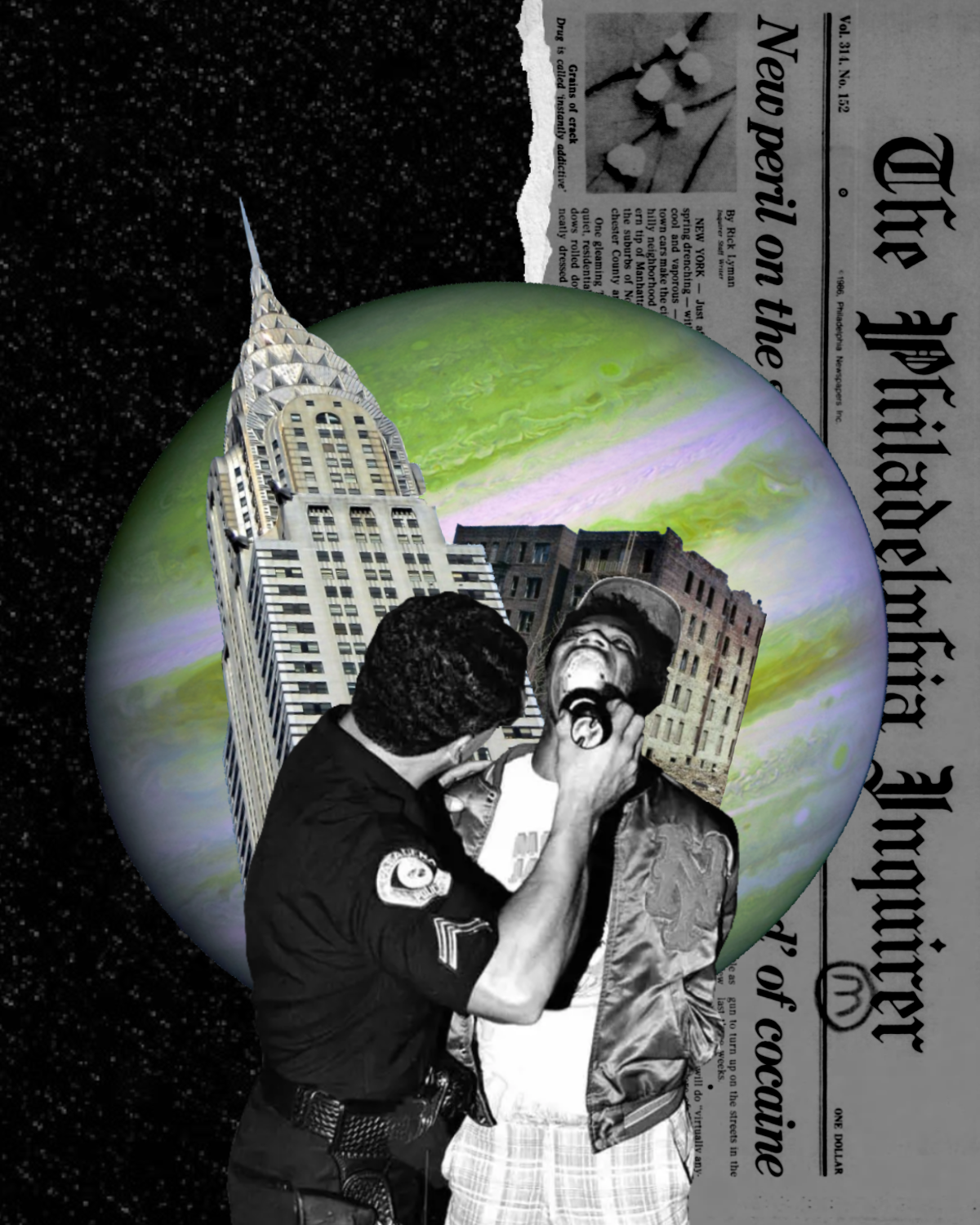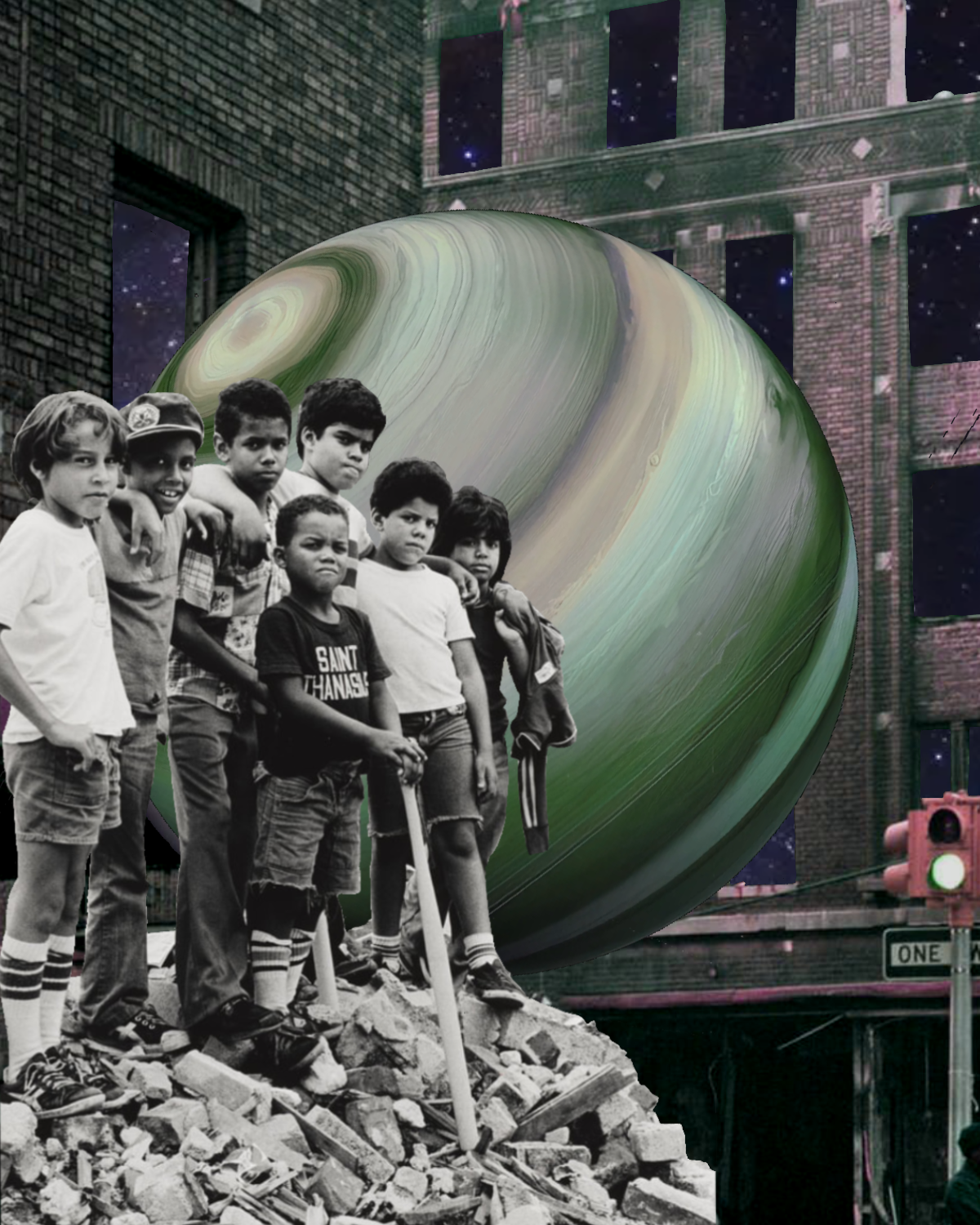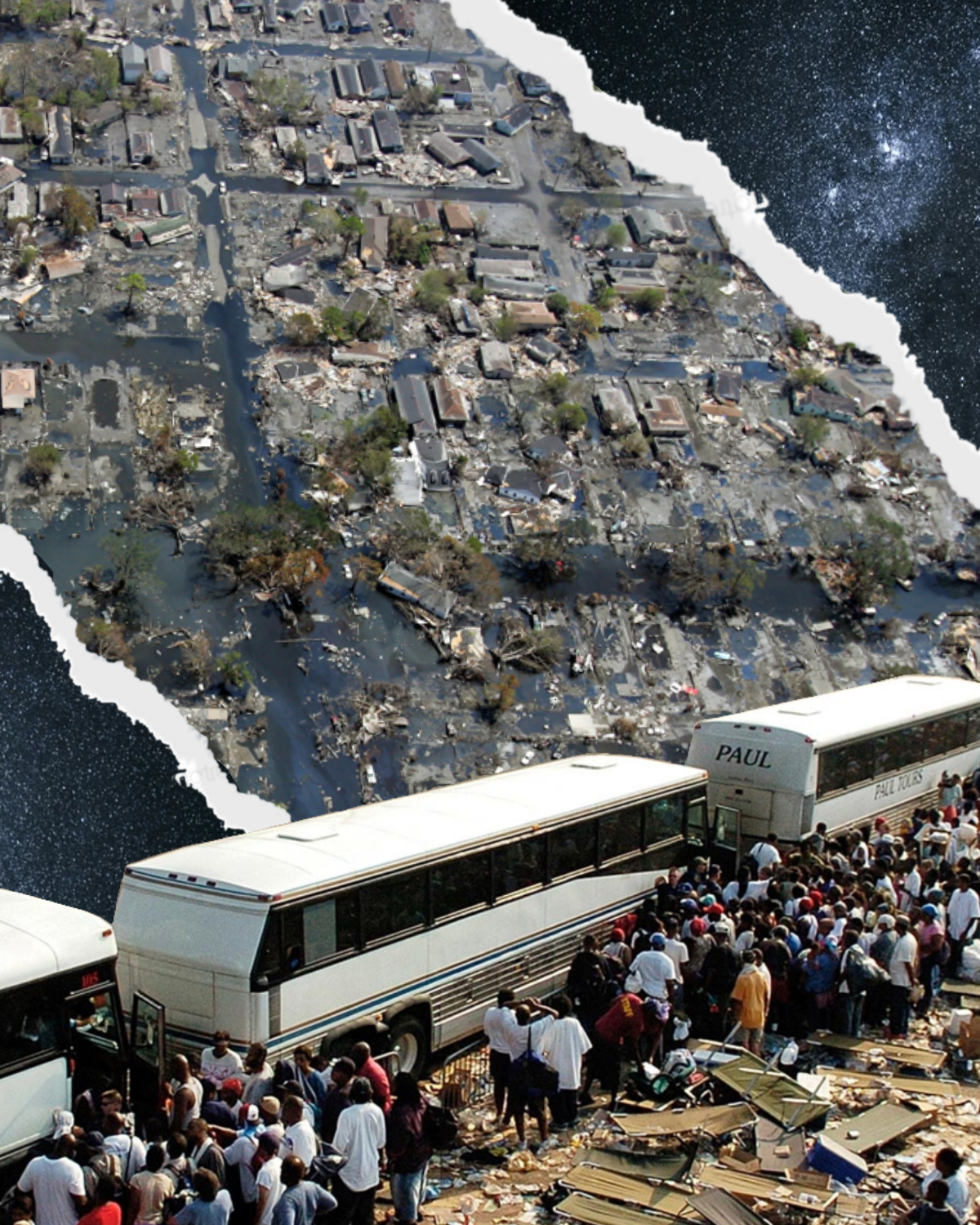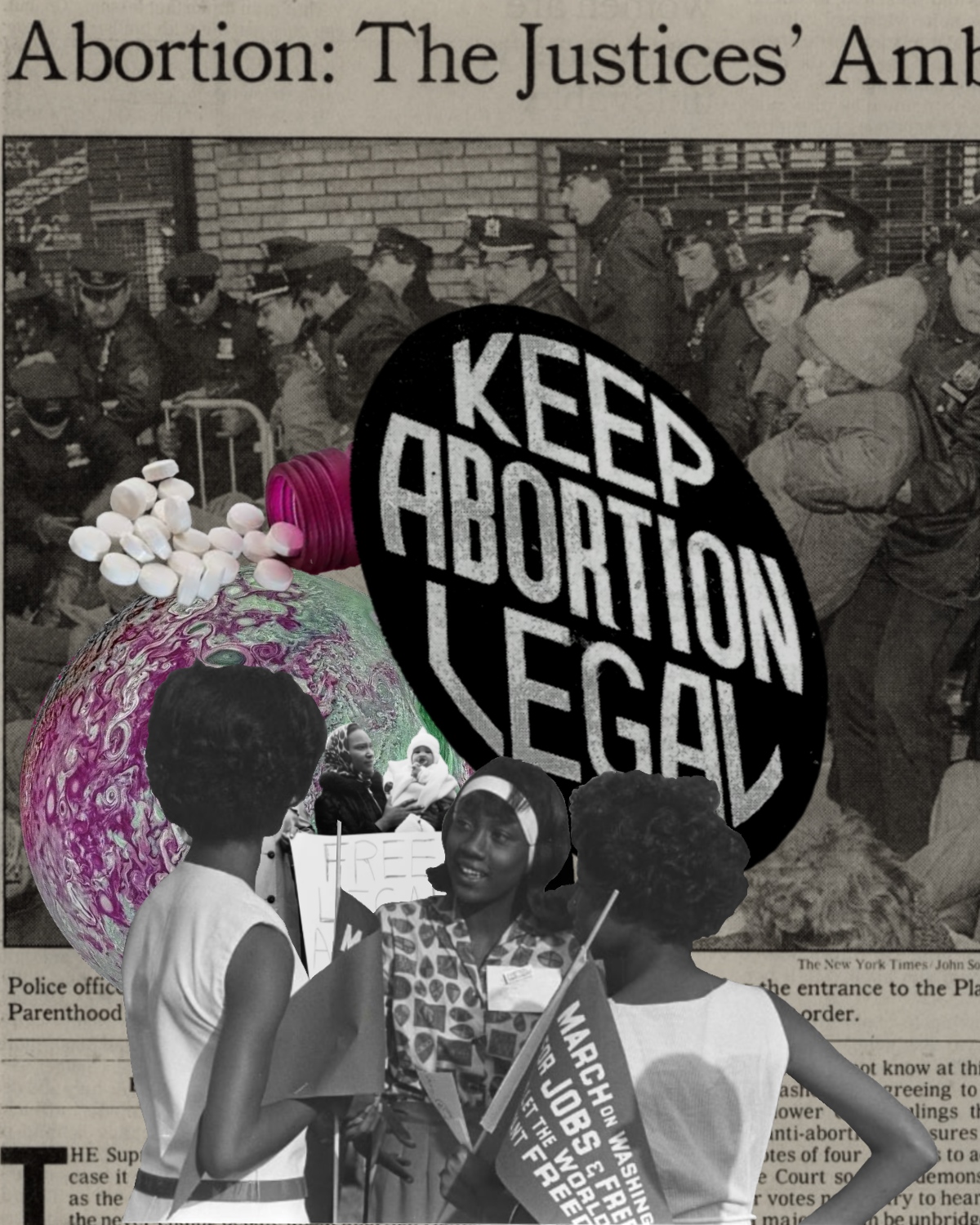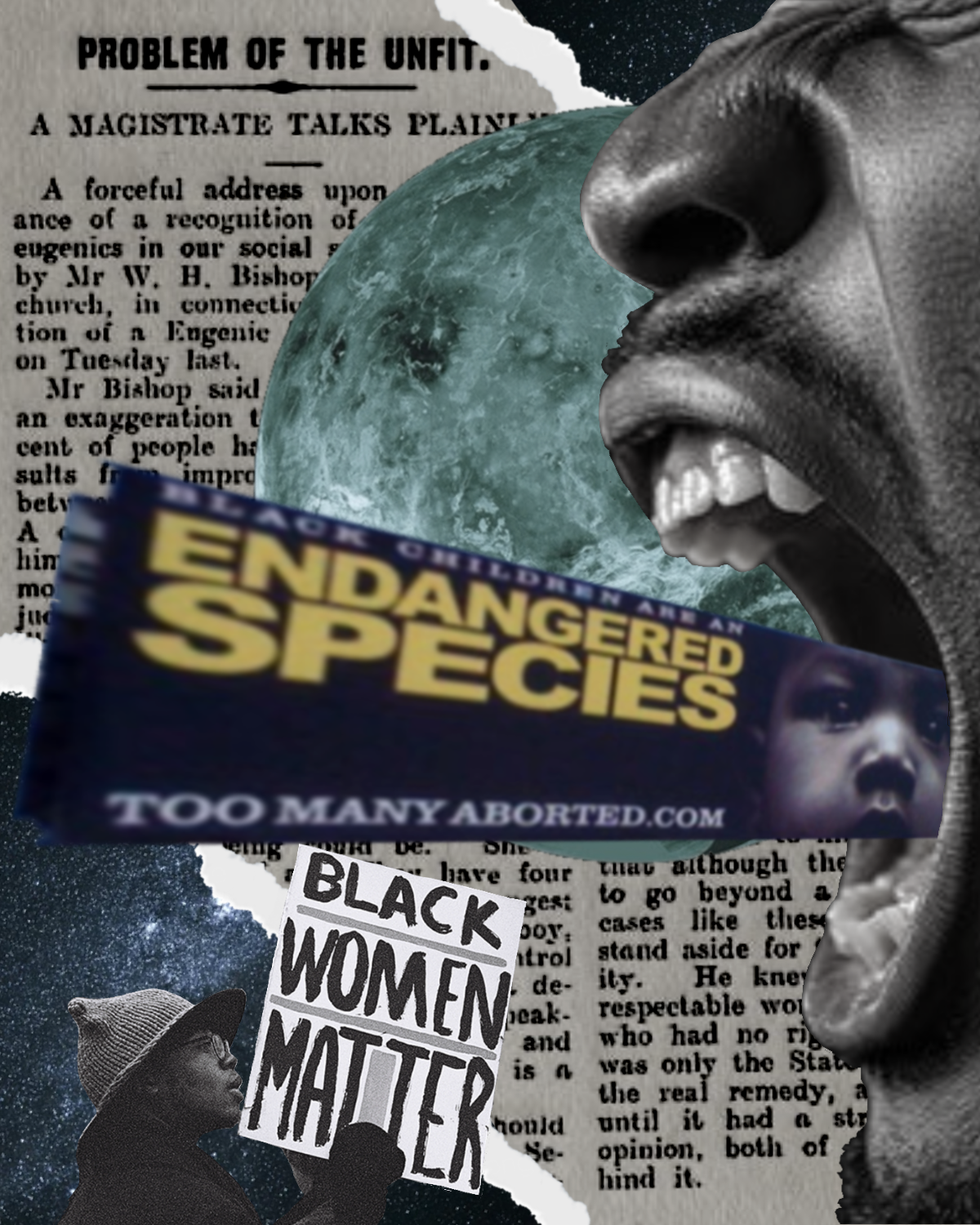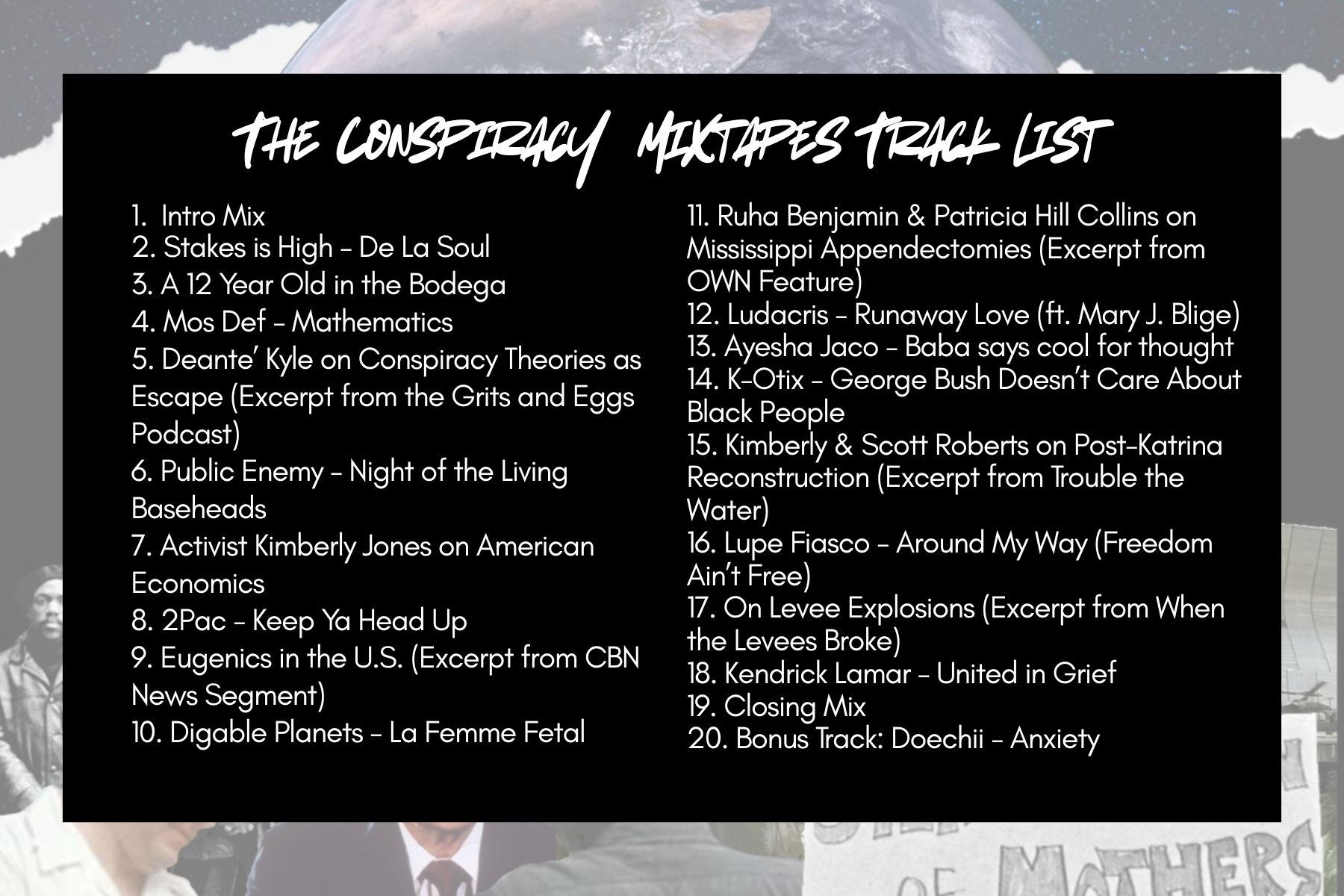The Conspiracy Mixtapes
The Conspiracy Mixtapes are a series of ongoing projects which explore conspiracy theorizing within the Black public sphere. They are a companion to my dissertation, which understands conspiracy theories among Black folks as an everyday form of theory grounded in our critical understandings of racialized oppression. Thus far, The Conspiracy Mixtapes include an in-progress film, an art exhibition, and a physical mixtape investigating these same ideas.
The Conspiracy Mixtapes film explores conspiracy theories among Black Americans as a type of vernacular theory grounded in critical understandings of racialized oppression. This film utilizes interviews, archival research, and a listening-party-as-focus-group to jump through time and document and re-animate critical perspectives theorizing the CIA-Contra-Crack Conspiracy. In doing so, the film draws on Black oral traditions, sonic memory, and historical documentation to illustrate how conspiracy theorizing functions as both a mode of survival and a challenge to dominant narratives of racialized oppression.
The Conspiracy Mixtapes art exhibit is a forthcoming installation exploring conspiracy theories in the Black public sphere as a type of everyday theory grounded in critical understandings of racialized oppression. Displayed in the University of Pennsylvania’s Annenberg School for Communication Library, it complements my dissertation research on these themes. It will feature a series of 16 collages; magazines, records, books, posters, and other archival material; and a soundscape which sonically marries these themes.
The final portion of The Conspiracy Mixtapes is a literal mixtape. Burned as physical CDs, this sonic collage explores conspiracy theories among Black people in three parts. Interweaving music, clips from speeches, podcasts, television shows, films, and Part 1 reflects the theories Black folks had about the conspiratorial inception of the crack epidemic in the 1980s and 1990s. Part 2 speaks to how conspiracy theories about abortion as an attempt at Black genocide, though false, are rooted in histories of eugenics, “Mississippi Appendectomies,” and coercive birth control. Part 3 looks at conspiracy theories about the levees being exploded in New Orleans during Hurricane Katrina.
“In the U.S., Black people have experienced all manner of atrocities justified by the social construction of race. Many of these cruelties can be understood as real conspiracies —or coordinated secret plots to do something unlawful or harmful, most often for political gain. From redlining practices intended to maintain segregation, to the FBI’s infiltration and disintegration of Black radical groups to thwart growing Black political power, systemic racism often manifests as actual anti-Black conspiracies. Given their lived experiences and deep knowledge of the U.S.’s centuries-long history of anti-Black oppression, Black folks often develop conspiracy theories about what anti-Black, racist plots might be underway. As a result, I argue that fundamentally, there is a different valence to conspiracy theorizing when you are a part of a marginalized group with a history of real atrocities (or conspiracies) that have been enacted against you.”
